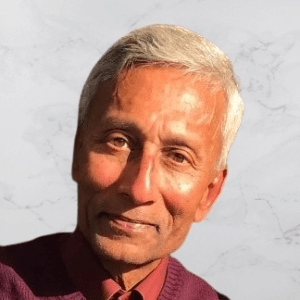Title : Mosquito vectors adapting to salinity from coastal environmental changes heighten disease transmission risk
Abstract:
Changes in temperature, rainfall and humidity due to climate change affect mosquito-borne disease transmission. However, coastal areas worldwide are also influenced by the expansion of brackish water mosquito habitats as a result of global warming leading to higher sea levels and the accumulation of man-made waste containers collecting brackish water. Typical fresh water mosquito vectors such as the arboviral vectors Aedes aegypti and Aedes albopictus as well as the malaria vectors Anopheles stephensi and Anopheles culicifacies have recently been documented to develop in coastal brackish water habitats in the 1025 km2 Jaffna peninsula in northern Sri Lanka. Salinity-tolerant Ae. aegypti has also since been reported in Florida, USA. Adaptation of Ae. aegypti to oviposit and undergo preimaginal development in brackish water is accompanied by thickening of larval and adult cuticles and concomitantly greater resistance to common larvicides and adulticides respectively. Brackish water habitats of Aedes vectors are not presently targeted in vector control programmes. Because brackish water Ae. aegypti and Ae. albopictus are infectible with dengue virus, they can constitute a neglected reservoir of dengue virus that initiate epidemics with the onset of seasonal rains. This may also apply to brackish water-adapted malaria vectors and malaria. These findings highlight the importance of extending mosquito vector control programmes to coastal brackish water habitats for the better control of mosquito-borne diseases.



